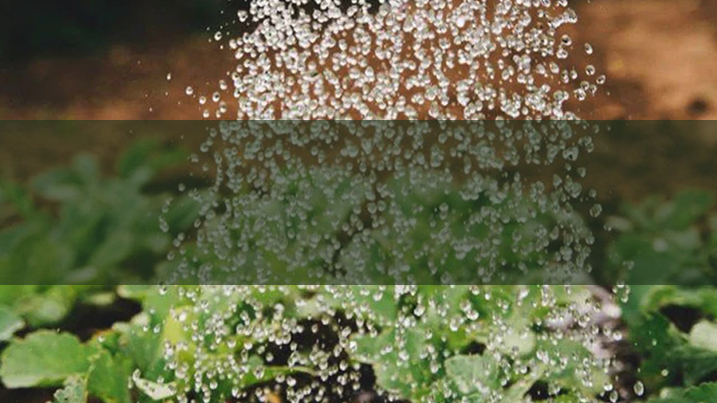Grow a Spiritual Garden – Day 14


Paradise flowers.
Um(Imi)bhalo weBhayibheli
NgokukaLuka 10
KwabaseGalathiya 5
There is a flower, the rare and sought after Disa Lily growing high up in the cliffs of Betty’s Bay, which is often spoken of but not seen by the faint hearted, the lazy and occasional observer for it takes a steep climb on a hot summer’s day to seek and behold the beauty of this flower in its natural surroundings. You can of course see it in the tourist brochures – but it’s somehow never quite the same as seeing the real thing.
In God’s kingdom too there are many rare and sought after species of flora hidden to the eye of the casual passerby but very real in the landscape of faith.
The first one is Grace. This is a flower which cannot be bought or earned. It is given freely but it must be carefully tended. It is nurtured by nurturing others. It is fertilised by love and devotion and serving the marginalised, the outcast and those that society deems invisible. It grows best in the same soil that you have found grace and acceptance by God.
A second sought after bloom is Relationship. This plant is rooted in our relationship with God which goes beyond the human framework of our divided society to include those we seek to exclude. The Jewish philosopher Martin Buber therefore implores us to reflect God’s nature in our relationships with others.
A third plant which God seeks in his garden is Acceptance. This is about the way we deal with identity and acceptance of who I am and how I relate to those who are strangers and different from me. This flower offers a vision of a broken world mended by reconciliation in a kingdom of “kin-ship”.
However, the crowning glory of this spiritual garden is Forgiveness. Forgiveness is an offshoot of the forgiveness and reconciliation Christ planted on Golgotha when he died to free us from anger, hatred, revenge and self-interest.
So what must I do to make my garden grow? Go out and sow the Word and all that it implies and pray that God will bless the work of your hands.

